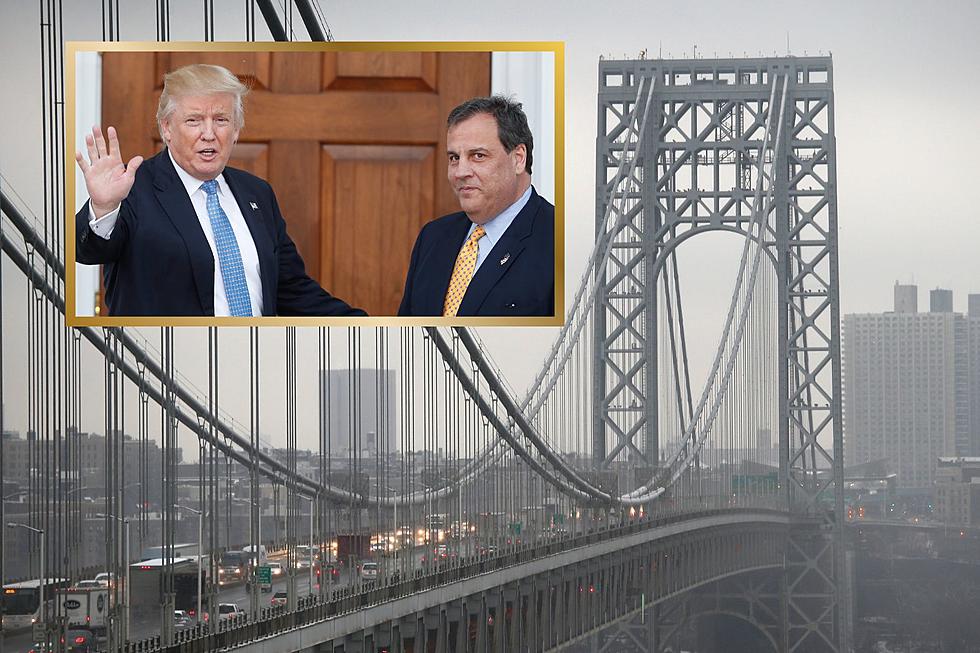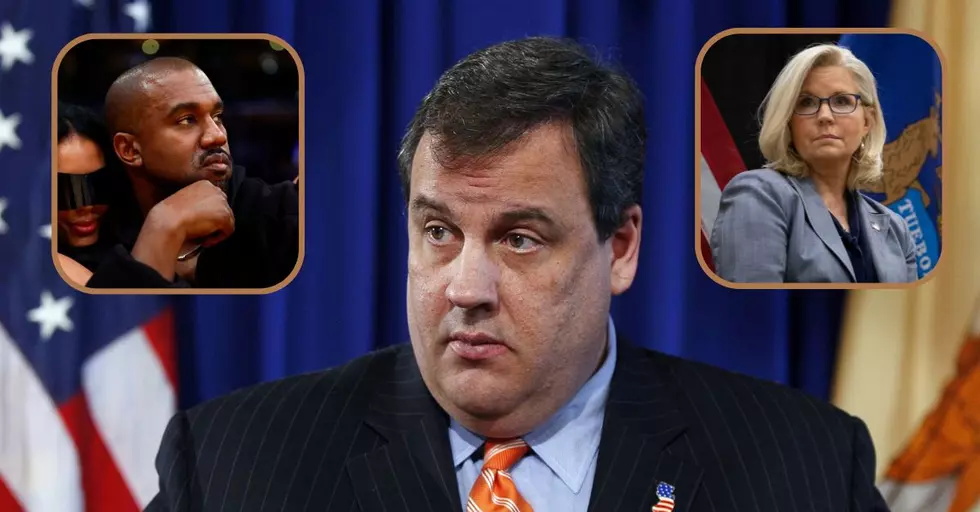
Cut sales tax, raise gas tax: Is that really a good tradeoff for NJ?
Some state lawmakers and Gov. Chris Christie want to cut New Jersey’s sales tax by a percentage point in exchange for hiking the gas tax by almost 25 cents a gallon in order to bankroll at least eight years of transportation construction projects.
Is that a good deal for the average taxpayer? The answer is complicated.
It depends on how much a person drives and what they buy. But it looks to be basically a wash – with approximately $135 in savings on sales taxes offset by around $140 in increased gas taxes.
Critics of the plan — which was hatched behind closed doors Monday evening and passed by the Assembly without public input in an after-midnight vote — say one issue is that a tax cut of a penny on the dollar is hardly noticeable, let alone economically meaningful.
“It’ll be invisible to most families,” said Gordon MacInnes, a former Democratic state senator and president of New Jersey Policy Perspective, whose primary concern is the long-term impact on programs that rely on what will be a reduced state budget.
“It’s going to work with little paper cuts in terms of the benefits, if you will, that very few people will notice unless they’re buying a car,” MacInnes said. “Sales tax for most of us typically is in pennies here and a dime there. You know, it’s in most cases a small part of your expenditure.”
The impact of the higher gas tax depends, of course, on how many miles a person drives and that person’s car’s fuel economy.
Gas would cost you $140 -165 more a year
If you drive 15,000 miles a year, in a vehicle that averages 25 miles per gallon, you would buy 600 gallons of gas in a year. Presuming you purchase all that gas in New Jersey, the proposed hike of 23 cents a gallon amounts to about $140 more in additional gas taxes, for a total of $225 including the existing 14.5-cent gas tax.
Cathleen Lewis, director of public affairs and government relations for AAA New Jersey, estimates the gas tax hike would cost the average driver $165 a year – and says it’s entirely worth it. The analysis has to include the benefits of $2 billion a year in road, bridge and rail projects, she says.
“When you put that into comparison with how much it costs when you hit one pothole, it will range from $50 to $2,000,” Lewis said. “For a worker who depends on that vehicle to get to their work, that can mean the difference between having transportation and not.”
You could save about $135 a year on lower sales tax
In order to save $140 in one year from a 6 percent sales tax, as opposed to the current 7 percent, you would have to spend $14,000 on taxable items. But keep in mind: Some purchases are exempt from the sales tax, such as groceries, clothing and most medicine.
In 2017, when the sales tax would be reduced to 6.5 percent, you’d have to spend $28,000 on taxable items in order to save $140.
Plus, for the second half of 2016, the sales tax would remain at 7 percent. So there would be no offset to the extra $70 in gas taxes paid over the next six months.
The Tax Foundation estimates that the state collects $949 per person in general sales taxes a year. Reducing that by one-seventh would save the average person around $135.
Is sales tax fair?
Assemblyman Michael Patrick Carroll, R-Morris, said it's a mistake to cut the sales tax because nobody moves out of New Jersey because of it.
If the state has more than $1 billion to put toward a tax cut, there are better options, he said.
“Everybody should have some skin in the game. Everybody should be paying taxes toward the government. And we should be framing our tax policy such that we do not create incentives for people to leave,” Carroll said.
“When people leave this state, it’s because of high income taxes or high property taxes and the death taxes. They don’t leave because they’re paying an extra penny on the sales tax,” Carroll said.
“A tax ought to hit everybody more or less equally,” he said, calling the sales tax “a very fair tax.”
The version of the Transportation Trust Fund bargain preferred by the Senate includes a cut of the estate tax, as well as cuts for the working poor, charitable donations and retirement income. (The last of those remains in the Christie/Assembly plan.) Those tax cuts helped the wealthy and poor, but provided few benefits to those in the middle.
According to the Institute on Taxation and Economic Policy, sales taxes are inherently regressive and inevitably take a larger share of income from low- and middle-income households because it’s applied at a flat rate. Spending as a percentage of income falls as individuals earn more money.
In 2015, the general sales tax amounted to a 2.6 percent share of family income for non-elderly taxpayers in the lowest 20 percent of income, those with incomes below $22,000.
It equaled 2.2 percent of income for households with incomes of $22,000 to $43,000; 1.8 percent for households between $43,000 and $71,000 of income; 1.5 percent for households between $71,000 and $119,000; and less than 1 percent for the top 20 percent of households – including 0.1 percent for the top 1 percent, homes with incomes of $758,000 or higher.
ITEP says New Jersey’s sales tax is a bit fairer than in some places because the state doesn’t tax groceries. In cutting the sales tax, though, the state is going to raise a related excise tax that is even more regressive – in this case, on gasoline.
Lower-income residents – for instance, married couples with two kids and incomes below $50,200 – would see a larger benefit under the Senate’s plan, which would boost the earned income tax credit paid to the working poor by an average of $255.
“That would have given them a tax rebate that would be very beneficial,” MacInnes said. “They could pay back bills. They could help make the rent. They could fix the car a little bit. That would help. The way they structured it doesn’t help the people most in need.”
Last week, on New Jersey 101.5:
More From 92.7 WOBM










